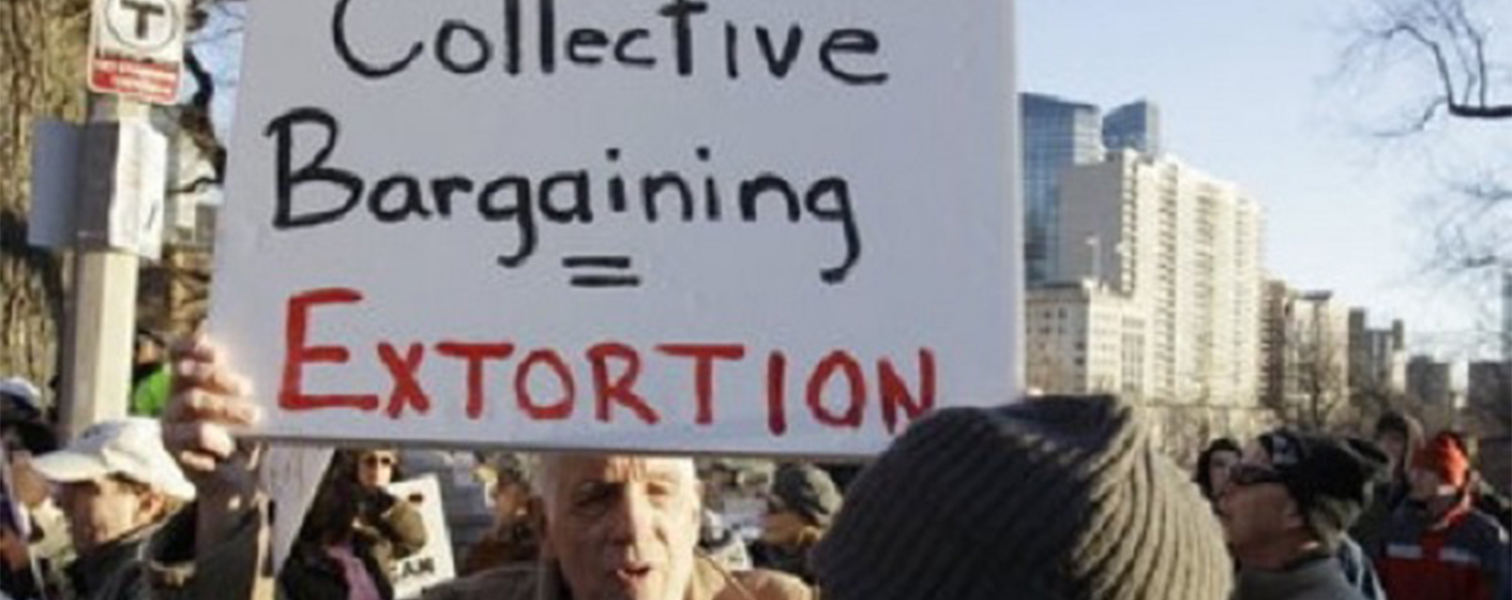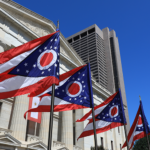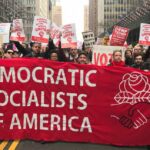- The leader of one of Washington state’s largest public employees union on Monday characterized as “unnecessary, duplicative, burdensome and punitive” a bill that would require public-sector unions to make their financial doings public just as private-sector unions must.
“My union is already subject to federal reporting requirements,” Greg Devereaux, executive director of the 40,000-member Washington Federation of State Employees, told members of the Senate’s Commerce and Labor Committee. “Most of the public-employee unions and all of the large public-sector unions are subject to federal standards.
“The key elements in Senate Bill 6300 are already reported to the federal Department of Labor,” he said, “and are publicly available on its website.”
That may be true for some public-sector unions, countered Maxford Nelsen, labor policy analyst with the Olympia-based Freedom Foundation, but not all. The key, he said, was whether the union in question also represented private-sector workers.
“Some public-sector unions do represent private-sector workers, as well, and that does trigger federal reporting standards,” Nelsen said. “But a good number of public employees’ unions do not represent any private-secctor workers. The most obvious example would be the Washington Education Association, which represents 80,000 teachers and is not required to make its finances public. There’s definitely a gap there.”
Sen. Randi Becker, SB-6300’s prime sponsor, said, “I think it’s very important that union members have this information. Private-sector union members, such as the Teamsters, have had access to this information for years and years and it helps them make good, informed decisions in their membership and how they want their money spent.”
Becker noted that public-sector workers in Washington state have a choice not to join the union if they feel it does not reflect their goals and beliefs. Such workers are permitted to opt out of union membership and pay, instead, a fee simply for collective bargaining representation. But they cannot make that choice, she said, unless they have a clear idea how the union will spend their dues money.
“(Workers) haven’t a clue where this money is going,” Becker said. “They don’t know if it’s going to support things that conflict with their political desires and philosophies. If they’re forced to pay this money, they have a right to know what it’s being used for.”
Michael Farley, a former employee of the Department of Labor and Industries, noted his “representation fee” amounted to roughly 92 percent of what normal union dues would cost. He was told that was because collective bargaining was an expensive process. By contrast, Farley said, the United Auto Workers contract in Detroit was the size of a phone book, yet UAW union dues were only two thirds as high as his payment to WFSE.
“I would maintain that one big difference is owing to the fact the UAW is required to account for its financial affairs,” Farley said. “Also, the UAW and traditional trade unions are required to account for payments made to support political causes and individual candidates. They’re not able to evade disclosure by baking facile and unverifiable statements, such as that only 2 percent goes to political contributions.”
Devereaux said the reporting requirements under SB-6300 “far exceeded the federal requirements and appear to be a fishing expedition to identify every activity we engage in.”
Jeff Simpson, representing the Washington State Council of Firefighters, wondered why the reporting standards were being applied to labor unions, but not other nonprofits registered under the 501C(3) laws.
“Public-sector unions are some of the most democratic institutions there are in this country,” he said. “If you want to know how your money is being spent, attend a meeting and ask questions. They’re member organizations and that information is readily available to any member who wants it.”
“Democratic is not the word I would use for how they function,” answered Dennis Redmond, a 30-year employee of the Washington State Department of Revenue. “I am involuntarily associated with this union and I do not have access to the information addressed in this bill. The union is not transparent; this is an opaque organization and I strongly support SB-6300.”










